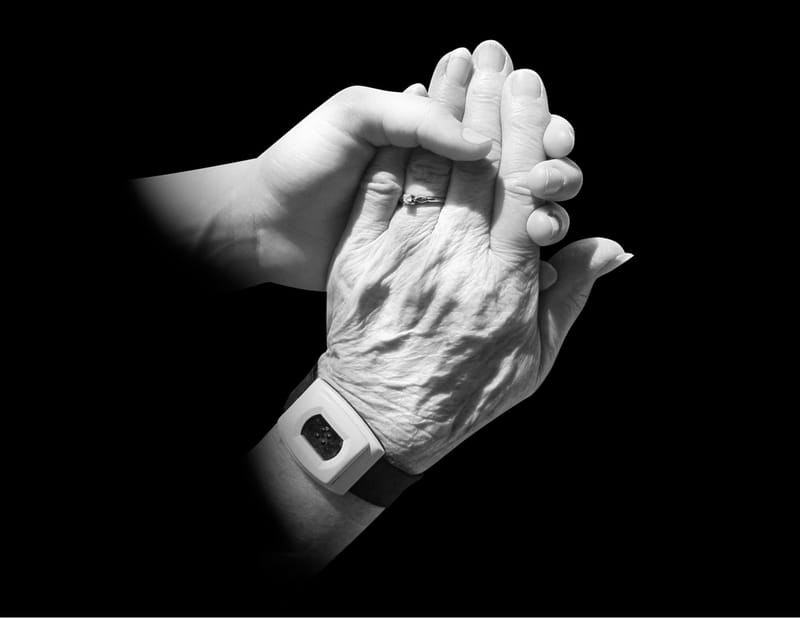Elder Abuse

Elder Abuse
An Elder is legally defined as a person 65 years of age and older. However, in Native American communities, becoming an elder is not typically at a set age but is a distinct cultural status earned from wisdom, knowledge, and responsibility to others. Being an Elder is different than being elderly. Elderly is associated with age and ability to care for oneself. Elder and elderly status varies from tribe to tribe. Out of respect, the term Elder will be used here.
Elder abuse is defined by the World Health Organization as "a single, or repeated act, or lack of appropriate action, occurring within any relationship where there is an expectation of trust, which causes harm or distress to an older person." Elder abuse is a silent problem that robs our Elders of their dignity, security, and can even cost lives.
There are many forms of abuse against the elderly.
They include:
Physical: Hitting, shoving, restraining or confining; anything causing physical pain or impairment
Emotional: Intimidation, humiliation, routine blaming, ignoring, isolating, causing anguish or distress, degrading, ridiculing, insults, using silence or profanity
Sexual Abuse: Sexual harassment, sexual activity without consent (rape), forcing elders to watch sexual acts or to undress
Financial Abuse: Stealing money, property titles, or possessions, taking over accounts or bills, spending without permission, abusing power of attorney privilege, scamming/lying
Spiritual/Moral Abuse: Denies access to religious services or leaders, makes fun of victims values or religion, ignores or ridicules cultural or religious traditions, intimidates and threatens for practicing beliefs
Neglect: Failure to fulfill duties or obligations for elder, not caring for hygiene or condition of home, poor nutrition, bed sores, soiled undergarments, medical neglect-missed appointments, not reporting medical issues
Self-Neglect: Refusal by elder to care for self; inadequate nutrition, improper clothing, lack of or unkempt shelter, poor hygiene, not taking medication, and not following safety precautions
Our Elders are at a greater risk for abuse due to an increase in Elder population, limited caregiving services and supports. This creates an environment for abuse and neglect. Elder abuse is one of the least investigated types of abuse and does not get addressed as frequently as other social issues. Elder abuse instances happen mostly in the home of the Elder and ninety percent of abuse and neglect incidents are committed by a family member.
Warning signs for caregivers and family members of Elders to watch for are:
- Pain that is “new” or different
- Fear or anxiety
- Depression
- Isolated or not responsive
- Cuts, sores, or burns
- Broken bones, bruises, or welts
- Untreated bed sores
- Torn, stains, or blood on undergarments
- Dirty, unkempt hygiene
- Poor living conditions
- Lack of medical aids; glasses, walker, dentures, hearing aids, medication
- Sudden change in function or mobility
- Unusual weight loss, poor nutrition, dehydration
- Change in overall mood or demeanor
- Bills not paid or utilities turned off
- Significant changes in finances
Elders may not always feel comfortable reporting such abuse therefore it is important that we advocate for our seniors and give them a voice. Many times seniors are fearful of repercussions for reporting the abuse or are simply too frail to do so. It is crucial for us to be aware of signs of abuse and to report the abuse to the proper authorities. Adult Protective Services for Michigan can be contacted at 1-855-444-3911. Anishnaabek Community and Family services provides Adult Protective Services and may be reached at (906) 632-5250 or (906) 495-1232.